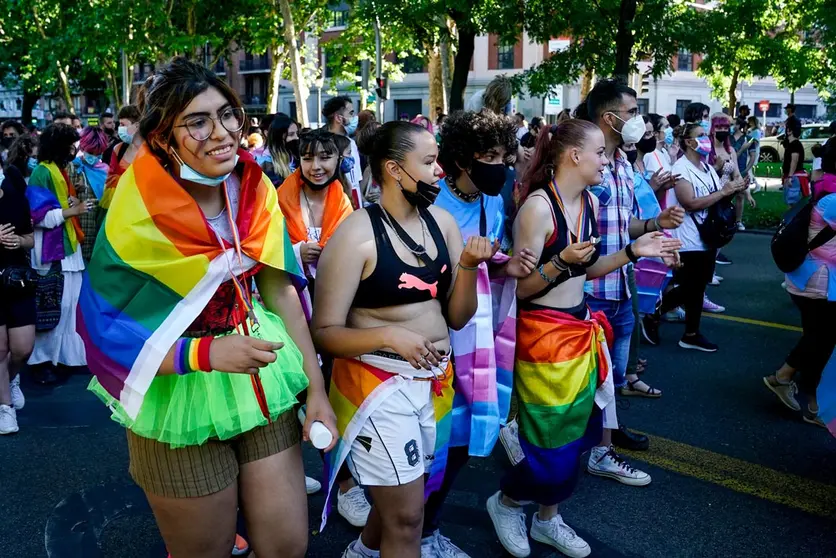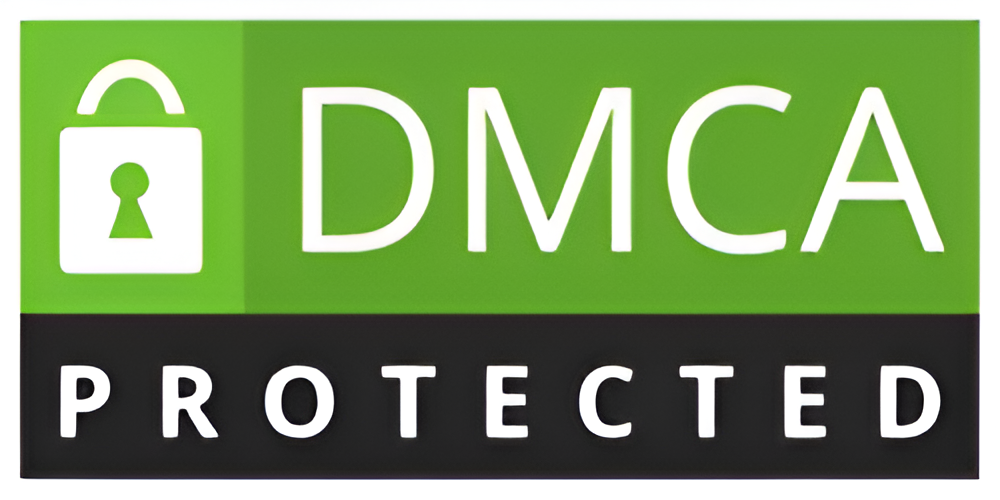Madrid Orgullo, commonly known as MADO, is Spain’s largest LGBTQIA+ pride event and one of the most significant pride celebrations in Europe. Held every summer in Madrid, this event attracts hundreds of thousands of participants locally and internationally, combining vibrant festivities with political activism to promote equality, visibility, and social inclusion for the LGBTQIA+ community. Over the years, Madrid Orgullo has grown to become a symbol of Spain’s progressive values and its ongoing commitment to human rights.

Origins and Growth
Madrid Orgullo was first organized in 2006 by COGAM (Colectivo de Lesbianas, Gays, Trans y Bisexuales de Madrid) and FELGTB (Federación Estatal de Lesbianas, Gays, Transexuales y Bisexuales), two leading LGBTQIA+ advocacy organizations in Spain. It was created as a response to the need for a large-scale pride event in Madrid that would serve both as a celebration and a platform for political activism.
Since its inception, Madrid Orgullo has experienced exponential growth, with attendance increasing from tens of thousands in its early years to nearly 2 million participants in recent editions. The event not only draws locals but also serves as a magnet for tourists seeking an inclusive and spirited experience in Spain’s capital.
When and Where the Event Takes Place
Madrid Orgullo typically takes place over one week in late June or early July, culminating in a massive parade through the heart of Madrid. The parade usually starts at Plaza de Colón, one of the city’s main squares, and proceeds along the Gran Vía, Madrid’s most famous avenue, concluding at Plaza de España or nearby locations depending on the year.

Throughout the week, the city’s Chueca neighborhood—known for its LGBTQIA+ friendly atmosphere—becomes the focal point for events such as concerts, art exhibitions, film screenings, parties, and debates. Chueca’s bars, clubs, and restaurants buzz with activity, making it a vibrant hub for community gatherings.
Political Significance and Themes
While Madrid Orgullo is known for its festive atmosphere, it also serves as a powerful vehicle for advocacy. Every year, organizers select a specific theme or motto aimed at highlighting current challenges faced by the LGBTQIA+ community, both in Spain and internationally.
Recent themes have included calls for:
- Trans rights and legal recognition
- Anti-discrimination laws and hate crime prevention
- Health equity and HIV/AIDS awareness
- LGBTQIA+ rights in countries with restrictive laws
The event also features a manifesto reading, where activists and community leaders voice demands for policy changes and raise awareness about ongoing injustices. This blend of celebration and protest reflects Madrid Orgullo’s dual role as both a party and a movement.
Cultural Highlights and Entertainment
Madrid Orgullo offers a rich cultural program that combines traditional pride elements with uniquely Spanish influences. Music plays a central role, with genres ranging from pop and electronic dance music to flamenco and Latin rhythms. Major international and Spanish artists perform on outdoor stages in Plaza de Chueca and Plaza de Pedro Zerolo.

The parade itself is a dazzling display of color, creativity, and expression. Floats adorned with rainbow flags, drag performers, dancers, and community groups march through Madrid’s streets, drawing cheers from massive crowds lining the route. The city’s warm summer weather and vibrant nightlife amplify the event’s festive spirit.
Social and Economic Impact
Madrid Orgullo is one of Spain’s most important tourist events, significantly boosting the local economy. According to the Madrid Tourism Board, the event generates over €100 million annually from tourism, hospitality, entertainment, and retail sectors. Hotels in Madrid report near full occupancy during Pride Week, and local businesses enjoy increased patronage.
Beyond economic benefits, Madrid Orgullo plays a critical social role. It fosters acceptance and understanding by creating safe spaces where LGBTQIA+ individuals and allies can express themselves openly. The event also raises the profile of ongoing social issues, helping to reduce stigma and promote solidarity.
Safety Measures and Accessibility
Given the scale of Madrid Orgullo, local authorities collaborate closely with organizers to ensure public safety. Streets along the parade route are closed to traffic, and police presence is increased to manage crowds and prevent incidents.
The event is designed to be inclusive and accessible. Organizers provide facilities for people with disabilities, including accessible viewing areas and services. Information points and volunteers assist attendees throughout the week, ensuring a welcoming environment for all.
How to Attend and Participate
Madrid Orgullo is open to everyone, and general attendance is free. The parade is a public event that anyone can watch or join, although groups wishing to participate in the march typically register in advance with the organizing committees.
Visitors planning to attend should consider booking accommodations early due to high demand during Pride Week. Staying near the Chueca district offers convenient access to events, nightlife, and parade viewing spots. Public transportation is highly recommended as many streets are closed to vehicles.
At a Glance
Madrid Orgullo stands as a vibrant testament to Spain’s LGBTQIA+ community’s resilience, joy, and activism. With its blend of cultural celebration, political advocacy, and massive public participation, the event has become a beacon of pride not only for Spain but for the global LGBTQIA+ movement. Whether you are a local or an international visitor, Madrid Orgullo offers a unique opportunity to witness and be part of one of Europe’s most spectacular pride events.
Useful Links
| Resource | Link |
|---|---|
| Official Madrid Orgullo Website | https://www.madridorgullo.com |
| Madrid Tourism Board | https://www.esmadrid.com/en |
| FELGTB (LGBTQIA+ Federation) | https://www.felgtb.org |


